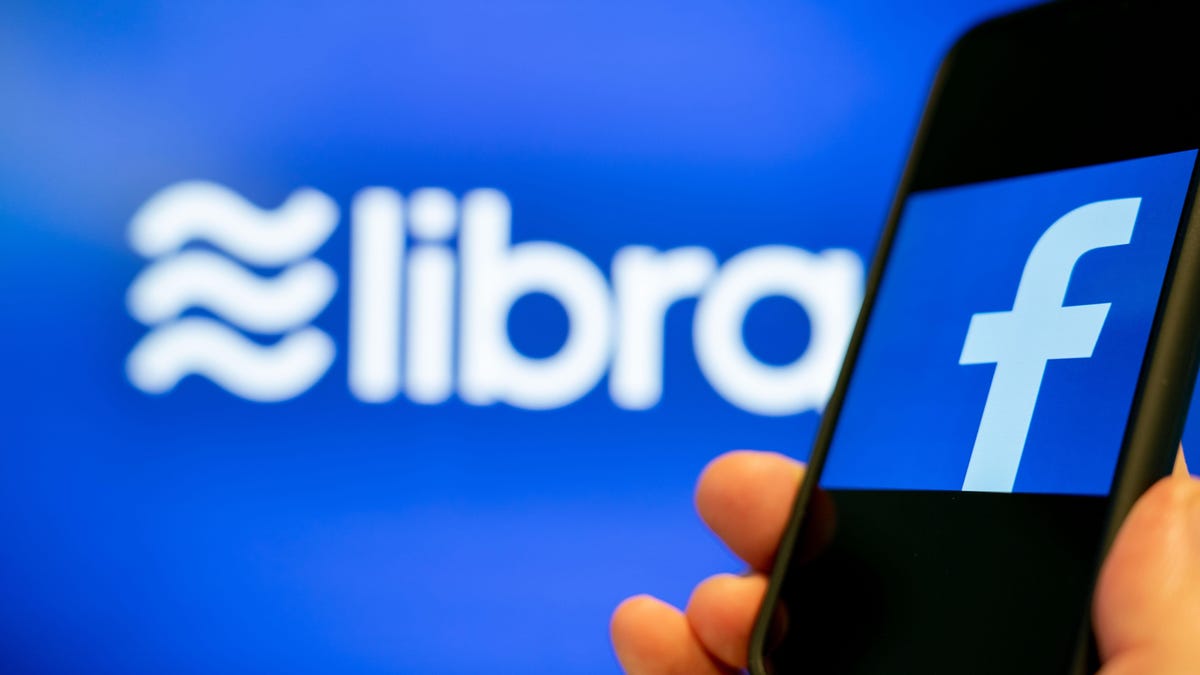Group that oversees Facebook's Libra cryptocurrency launches bug bounty
The Libra Association will pay researchers who find security flaws.

Facebook and its partners plans to launch a new cryptocurrency called Libra in 2020.
A nonprofit that oversees a new cryptocurrency called Libra that Facebook and its partners plan to release in 2020 said it will pay researchers who identify security flaws in the technology underpinning the digital currency.
Participants in the new bug bounty program, which opens up to the public on Tuesday, can receive up to $10,000 if he or she finds a critical flaw. The association could pay more or less depending on the vulnerability.
"We are launching this bug bounty now, well before the Libra Blockchain is live," said Dante Disparte, head of policy and communications of the group, which is called the Libra Association. "Our hope is that people around the world can turn to Libra for their everyday financial needs, so the infrastructure must be dependable and safe."
Facebook and 27 partners, including Visa, Uber and Spotify, first announced the cryptocurrency in June. Libra will be pegged to a basket of assets that anchor its value, so that value won't swing wildly. The association plans to have 100 members by the time the cryptocurrency launches.
Since Facebook's announcement, the social media giant has faced pushback from lawmakers and regulators who are concerned that the cryptocurrency will be abused by criminals and used for money laundering. As regulatory scrutiny of Libra heats up, some of the cryptocurrency's backers are also reportedly looking at distancing themselves from the project.
Disparte said in a statement that the code for the Libra Blockchain hasn't been finalized yet and the group won't launch it until "regulatory concerns have been taken into account and required regulatory approvals have been received."
The association started testing a bug bounty program for the Libra Blockchain in June with 50 security researchers before opening it up to the public.

